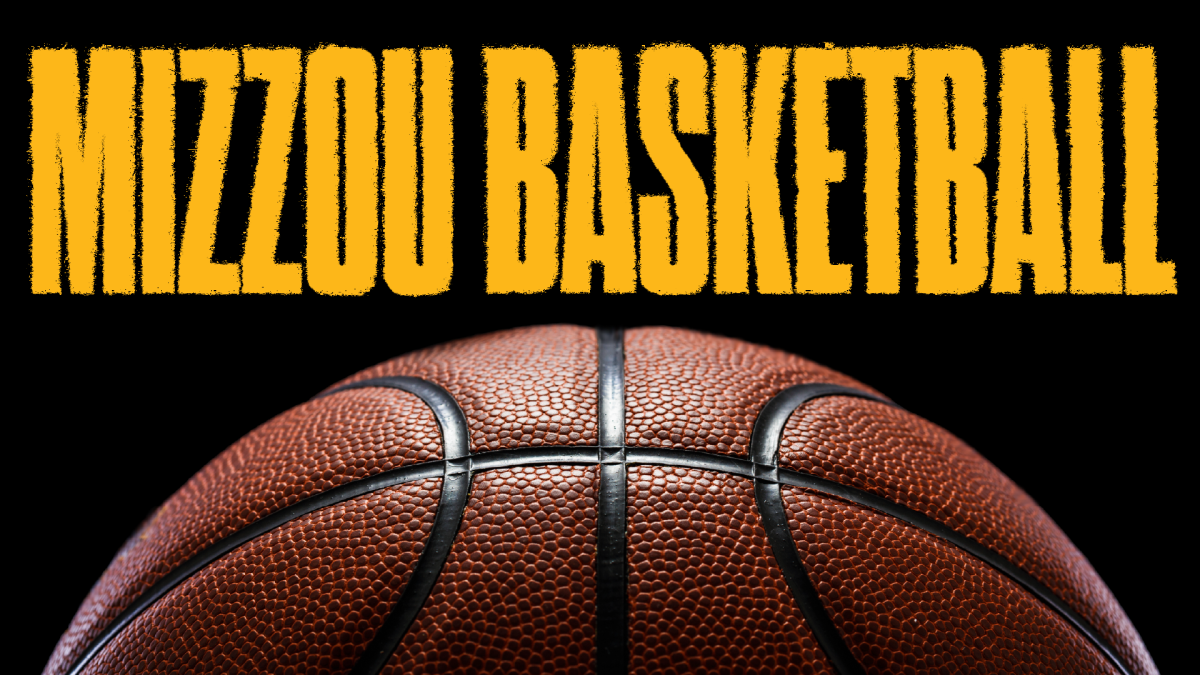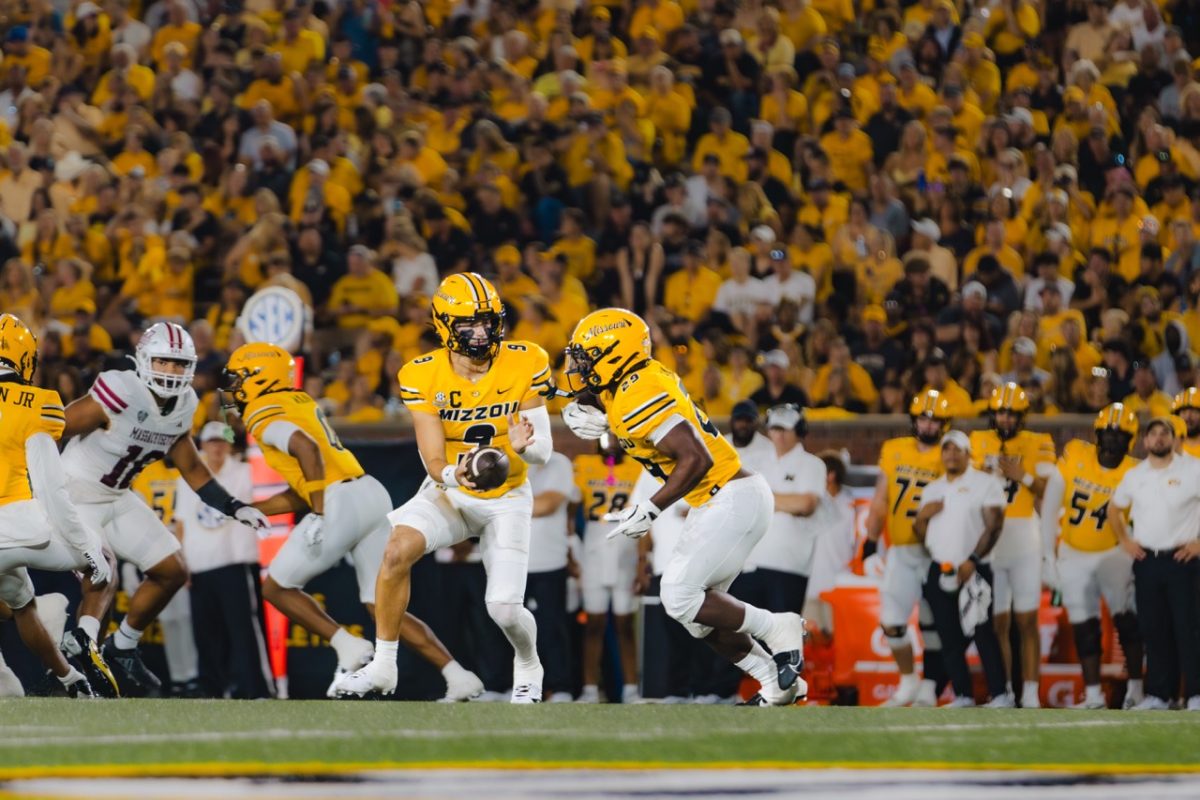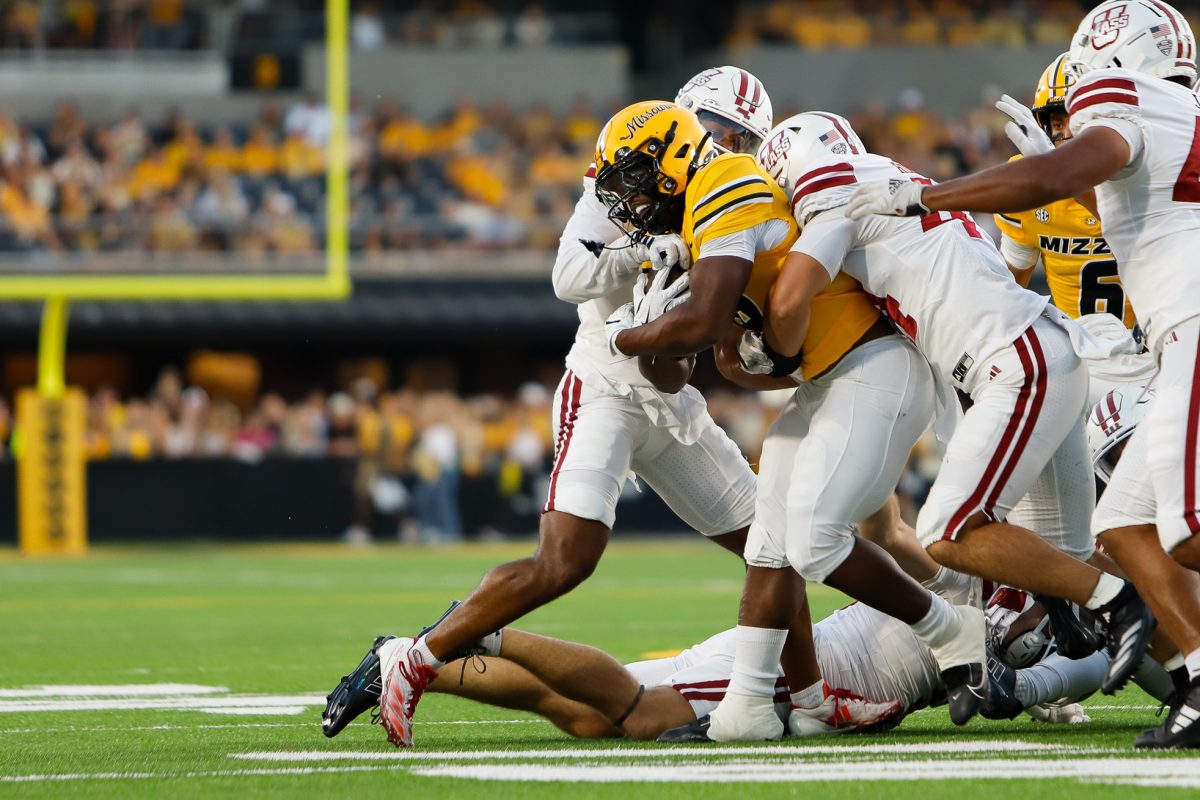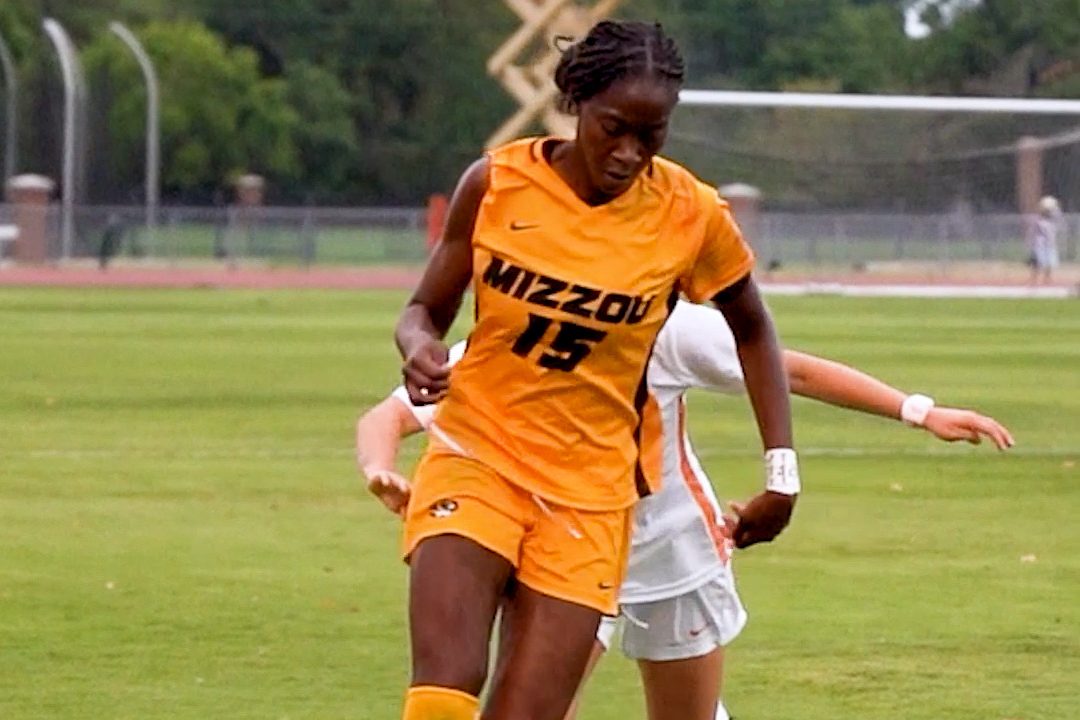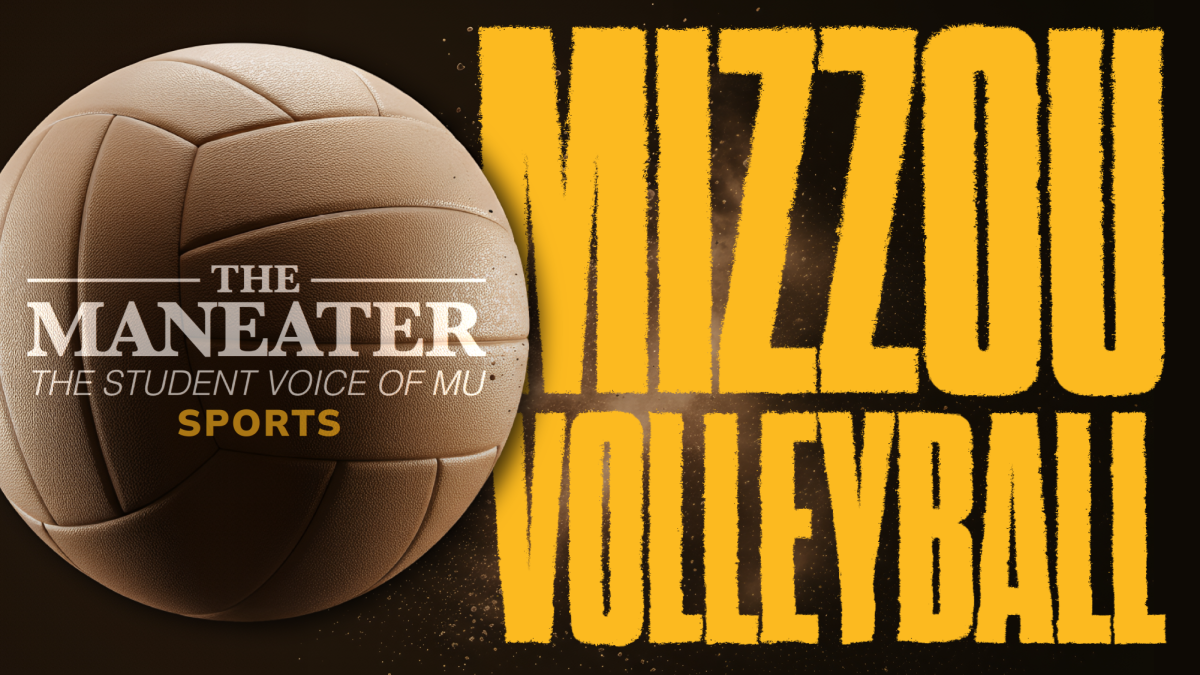The NCAA accepted the Missouri men’s basketball program’s self-imposed sanctions and added a year of probation Tuesday in the findings of its investigation into the program’s rules violations.
The Tigers [implemented the sanctions](https://www.themaneater.com/stories/2016/1/13/missouri-basketball-program-announces-violations-u/), including a 2016 postseason ban and a scholarship reduction, in January, after the investigation found illegal contact with recruits and impermissible benefits to student atheltes under former coach Frank Haith.
“Through cooperation between NCAA personnel, the University of Missouri and our Mizzou Athletics staff, we are now able to draw this process to a close,” coach Kim Anderson said in a statement. “It has been my desire to move our program forward since learning of what had taken place. My staff and I are fully invested in our student-athletes and helping them achieve their goals on and off the court. Our program will continue to represent the University and the state of Missouri with honor and integrity.”
According to NCAA bylaws, the conditions of probation may include, but are not limited to:
_(a) Submission of compliance reports during the period of probation;_
_(b) Acknowledgement in alumni publications, media guides and recruiting materials identifying the violations committed, the terms of probation, and penalties prescribed;_
_(c) Written confirmation to the committee that the institution’s president or chancellor met with student athletes, athletics department staff and other relevant parties to personally affirm his or her commitment to NCAA rules compliance, shared responsibility and preserving the integrity of intercollegiate athletics;_
_(d) Requiring an institution to announce during broadcast contests, on its website and in institutional publications that it is on probation and the reasons why the probation was prescribed;_
_(e) In cases in which an institution is found to lack institutional control and serious remediation is necessary, in-person reviews of the institution’s athletics policies and practices by the office of the Committee on Infractions or, in limited circumstances, as appropriate, committee members or a third party;_
_(f) Implementation of educational or deterrent programs; or (g) Audits for specific programs or teams._
_Edited by Alec Lewis | [email protected]_



